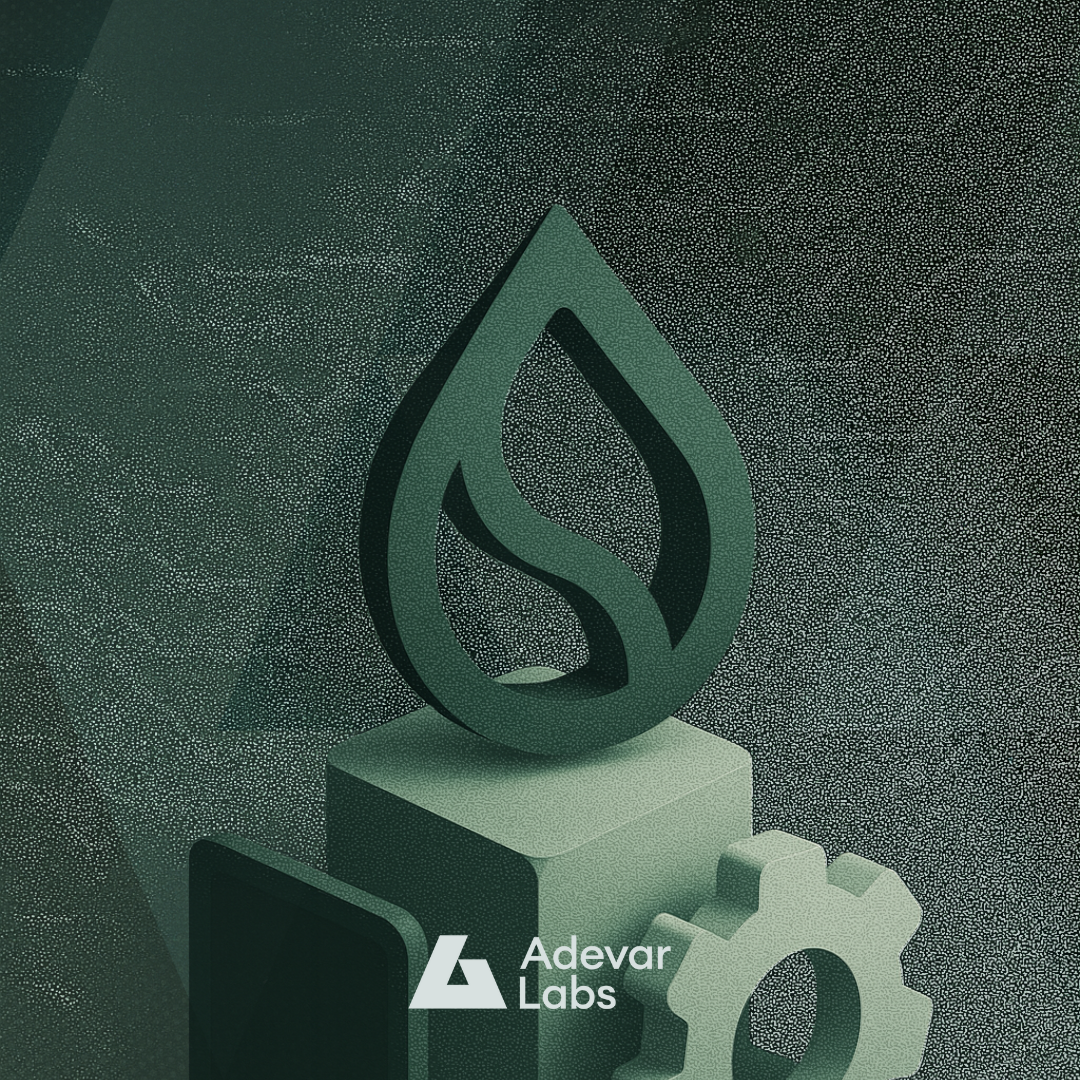
 Button Text
Button Text
 Button Text
Button Text
Switching ecosystems isn't about learning new syntax, it's about unlearning assumptions. A DEX or lending market still follows familiar logic, but the way you manage state, enforce permissions, and process transactions varies across architectures. In this post, we compare how EVM, Solana, and Sui handle core contract operations (focusing on mental models, not language syntax), so you can build in Move with the right design instincts from the start.

When building DeFi protocols on Solana, developers often face a challenging dilemma: how to implement sophisticated financial calculations without using floating-point operations. While Solana's runtime does not explicitly forbid floating-point instructions, their use is discouraged. This constraint can be particularly challenging when implementing fee models that traditionally rely on exponential calculations. In this post, we'll explore a common scenario faced by many protocols and discuss various approaches to handle it, each with its own trade-offs.

Solana doesn't operate like Ethereum, and that reshapes the entire game of MEV. In this blog, we break down how front-running and back-running work on Solana, the technical constraints that make it harder to pull off, and what strategies (both legitimate and malicious) are evolving. If you're building on Solana, this is your crash course on MEV risks, defenses, and the invisible games validators and searchers might be playing.

In Solana, smart contracts (programs) can be immutable (if the upgrade authority is revoked). But guess what isn’t? The off-chain tooling and SDKs that interact with them. That’s exactly where a supply chain exploit can hit you hardest: in tools you blindly trust.

When using the Anchor’s macro #[derive(Accounts)], a lot goes on under the hood. Anchor helps abstract away boilerplate and security vulnerabilities, but it can also introduce subtle pitfalls. In this post, we explore a surprising bug caused by how Anchor handles deserialization and memory copying, especially when multiple variables refer to the same account. Using a real example from the WooFi Sherlock contest, we break down what goes wrong, why, and how to fix it.

More storage means more lamports in Solana. And although every byte is important, there's always a debate between optimization vs simplicity. In this post, we'll walk through an example of how keeping things simple by design can help avoid potentially dangerous situations.